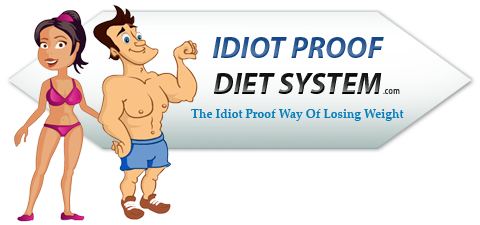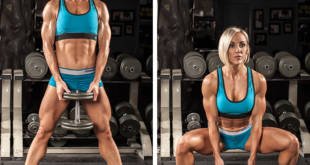A vegetarian weight loss diet can be a healthy, effective way to lose weight as long as you follow a few simple guidelines…so what are they?
The key to a healthy meat free diet is to ensure that you don’t miss out on any essential nutrients.
Also, people tend to make the assumption that vegetarian means healthy…wrong!
We know plenty of fat and unhealthy veggies!
So, if you want to lose weight and don’t eat meat, what should a vegetarian weight loss diet consist of?
Following a Vegetarian Weight Loss Diet…
Generally speaking, vegetarians tend to be more health conscious and less overweight than meat eaters. They also have a lower incidence of heart disease and various dietary related cancers and other illnesses.
However, there are plenty of overweight vegetarians who’re trying to lose weight.
Given that around 1 in 4 of the population are either vegetarians or have cut red meat out of their diet, there’s quite a demand for a vegetarian weight loss diet.
Now, being a vegetarian clearly doesn’t mean simply not eating meat.
For vegetarians, the main issue is ensuring an adequate protein intake, which is not at all difficult.
Semi-veggies who still eat fish and/or dairy products will have no problem, but a non-dairy, completely meat free diet takes a little more planning.
Take a look at our page on protein for more detail.
There are three main groups of vegetable proteins:
There are 10 essential amino acids, which your body can’t manufacture itself and gets from the food you eat.
All animal proteins are complete. However, the only complete vegetable protein, which contains the full complement of amino acids is soya.
To ensure an adequate intake of amino acids, someone following a vegetarian diet should combine a serving of two of the three vegetable protein sources at each meal.
Critics of meat free diets point to possible vitamin and mineral deficiencies that vegetarians may experience. Iron and B vitamins are often quoted examples. However, following a varied, balanced diet will ensure that this need not be the case.
Besides, a good multi-vitamin and mineral supplement will provide all the insurance that you’ll need if you feel your diet is lacking in anything.
Just as meat eaters do, vegetarians also need to watch their fat intake as a meat free diet can still be high in fat.
Dairy products, like cheese and eggs are relatively high in fat, as are nuts and vegetables like olives and avocados.
The same weight loss principles apply to people following a vegetarian weight loss diet as to anyone else trying to lose weight!
Is a Vegetarian Weight Loss Diet a Good Idea…?
Absolutely! A diet rich in nutrient dense fruit and vegetables, heart healthy soya, wholegrains and nuts can be a healthy choice. When combined with some regular exercise, a vegetarian weight loss diet will help you to shift a few pounds!
Whilst vegetarian diets are not necessarily healthier than diets containing lean animal and fish proteins, the emphasis on fiber rich fruits and vegetables is good for you in all sorts of ways.
As with any other weight loss program, reduce your calories, get active, stay on track and watch the weight drop off.
 Weight Loss for Busy People Best Fitness Blog
Weight Loss for Busy People Best Fitness Blog



